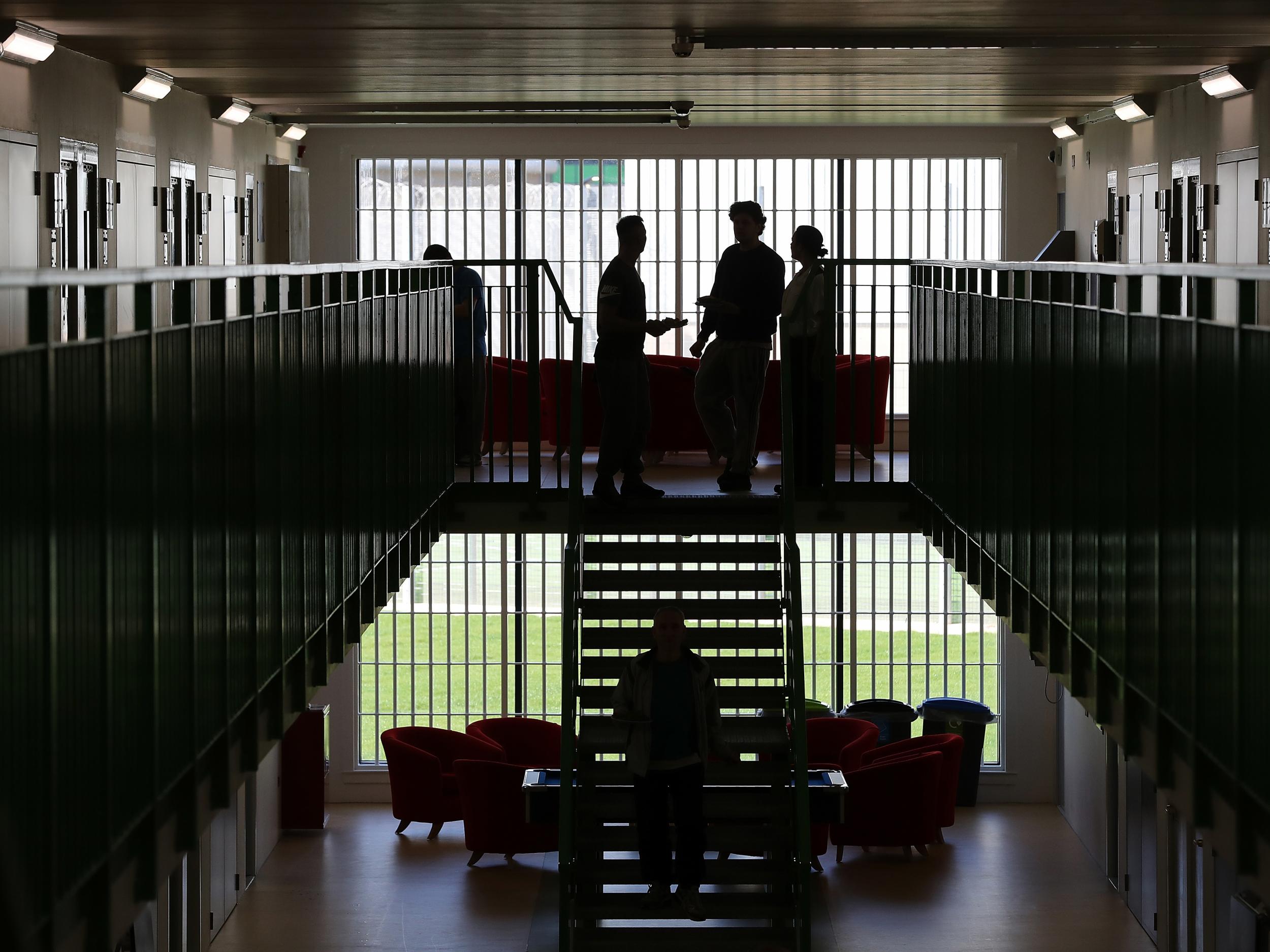The disproportionality in our prison sentencing is a national scandal
The country needs realistic solutions to the prison overcrowding crisis, not political grandstanding, writes Andrew Neilson. Politicians cannot distract from a failing criminal justice system on the brink

What a mess. Four weeks of finger-pointing over a Sentencing Council guideline have ended in confusion in the courts, posturing in parliament, misinformation in the media, and with both Shabana Mahmood and Robert Jenrick claiming victory as though a problem has gone away.
As it happens, however, the problems are mounting up. While most politicians and commentators have averted their gaze for decades as an overburdened and under-resourced criminal justice system has edged closer to collapse, the can-kicking will have to stop soon. The numbers speak for themselves, and there are now more people in prison than there were when Labour came to power – even after thousands have been released early.
Given that the prison population is rising so rapidly that the government would need to build and open a new jail every six weeks just to keep up with demand, it makes sense to ask exactly who is being put behind bars and why. Approach that task with an open mind, and it only takes a few clicks of a mouse to see that so-called “two-tier justice” is already here and has been for years.
The ”two-tier justice” at play, however, is not the misconception shared by some voters that arose due to draconian sentencing after the violent disturbances of last summer. Those with long memories will remember similar draconian sentencing in response to the London riots in 2011, after the shooting of Mark Duggan, a young Black man in Tottenham. There were few calls of “two-tier justice” then.

Yet, if anything, it is in the experience of ethnic minorities that unfairness in criminal justice lies. In recent years, white defendants have spent consistently less time in custody, on average, than all other ethnic groups combined for indictable offences. Indeed, Asian and Black defendants are more likely to be sentenced to immediate custody than white defendants.
When it comes to youth justice, Black boys in England and Wales are more likely than white boys to be stopped and searched, more likely to be arrested, more likely to be held in remand in custody, and more likely to be sentenced to custody.
It is perfectly reasonable for justice agencies to try to understand why such disproportionality is happening and look to do something about it. Pre-sentence reports can play a part in that. And the Sentencing Council guidelines were at pains, to the point of putting the word “all” in bold, that such reports should be considered in all cases – and not reserved for particular groups in the way that has been reported.
I will leave the politics to others, but the facts are these. The Sentencing Council guideline draws on findings made by David Lammy, who was then a Labour MP and is now a Labour cabinet minister, in a report that was commissioned by a Conservative government. The guideline was given the green light by another Conservative government, of which Robert Jenrick was a member. The guideline has been suspended after an intervention by Shabana Mahmood, a Labour cabinet minister who has commissioned David Gauke, a former Conservative cabinet minister, to come up with some proposals for sentencing reform that would help to address the prison overcrowding crisis.
The recent outcry makes me fearful about how David Gauke’s proposals, due to be published in May, will be received by the commentariat, but none of that changes the bald truth that sentencing reform is needed urgently. Although there is no strong evidence that severe sentences deter people from committing crime, jail terms have got longer and longer, year after year, because of piecemeal changes to the law led by politicians in Westminster. This, in turn, has piled more pressure on the prisons, where violence and self-harm are rife, and people cannot get the support they need to turn their lives around and move on from crime.
While politicians grandstand about the Sentencing Council’s future, the Howard League will keep its focus on the bigger issues. Because disproportionality in sentencing is a national scandal and because the country needs realistic solutions to the prison overcrowding crisis, the main takeaway from this terrible affair has been a further blow to public confidence in a failing criminal justice system on the brink.
Andrew Neilson is director of campaigns at the Howard League for Penal Reform
Join our commenting forum
Join thought-provoking conversations, follow other Independent readers and see their replies
Comments